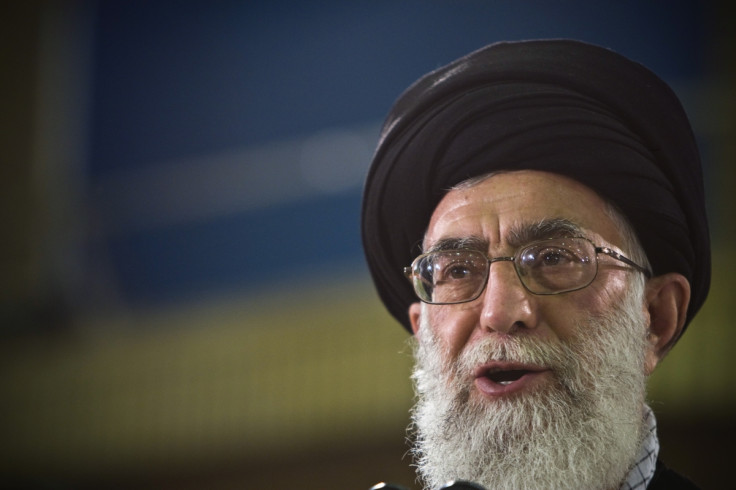Iran Eyes Vasectomy Ban to Boost Economy Through Birthrate

Iran's parliament is considering a ban on vasectomies as the country seeks to boost its birthrate.
The conservative-dominated parliament is also mulling a tightening of abortion laws as the country turns its back on the progressive family planning rules that have marked the last decades.
The 1990s saw Iran's leadership offer subsidised vasectomies and free condoms amid concerns that the country's population was growing too fast.
That sentiment is now in reverse. The supreme leader Ayatollah Ali Khamenei condemned Iran's progressive contraception policy last year, describing it as an imitation of a western lifestyle.
He called on the government to deal with Iran's ageing population by increasing the number of people in Iran to 150 million, nearly double the current figure.
The Iranian news agency Fars reported that a large majority of the delegates voted in favour of debating the tougher rules and the ban on vasectomies.
"If we move forward like this, we will be a country of elderly people in a not too distant future," Khamanei said last October, according to Fars.
"Why do some prefer to have one...or two children? Why do men or women avoid having children through different means?" he said.
"The reasons need to be studied. We are not a country of 75 million, we have [the capacity] to become at least 150 million, if not more."
Iran's economy is currently suffering the effects of Western-imposed sanctions over the state's disputed nuclear programme.
Washington has led efforts to limit trading, investment and impose asset freezes on Iranian individuals and businesses. Western leaders are concerned that Iran is attempting to develop the capacity to produce a nuclear weapon, while Tehran has always maintained that its nuclear programme is purely peaceful.
In the wake of Iran's 1979 Islamic revolution, families were encouraged to have many children, as then-Ayatollah Ruhollah Khomeini sought a baby boom throughout the years of the Iran-Iraq war.
After the population swelled to around 60 million in a decade, the 90s authorities encouraged family planning services through massive government subsidies.
The tide began to turn against readily available birth control measures with the election of Mahmoud Ahmadinejad in 2005.
He went on to unveil a government grant of $950 (£565, €686) for each new born baby, paid in to a state bank account, which would receive an extra $95 annually until the baby reaches 18.
Around 65% of Iran's population is under the age of 30.
© Copyright IBTimes 2025. All rights reserved.






















